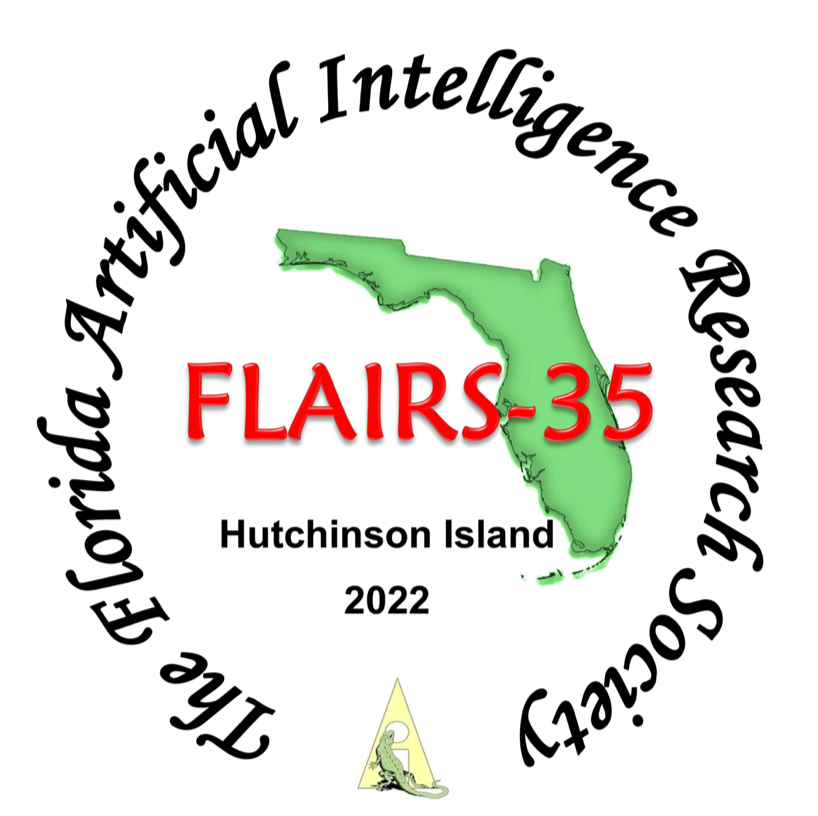Integrating Cognitive Principles From ACT-R Into Probabilistic Conditional Reasoning by Taking the Example of Maximum Entropy Reasoning
DOI:
https://doi.org/10.32473/flairs.v35i.130674Keywords:
Principle of Maximum Entropy, ACT-R, Probabilistic Condtionals, Inductive Inference, Focused Inference, Cognitive ReasoningAbstract
Many modern artificial intelligence (AI) systems like human-interacting smart devices or expert systems adapt to specific users' information processes but the underlying AI methods commonly lack a theory of mind. Thus, there is a need to better understand human thinking and to integrate the resulting cognitive models into AI methods. By taking the example of maximum entropy reasoning (MaxEnt), we integrate cognitive principles from the cognitive architecture ACT-R into uncertain reasoning based on probabilistic conditionals. Therewith, we combine two powerful and well-established methodologies from probabilistic reasoning (MaxEnt) and cognitive science (ACT-R) and establish a blueprint for cognitive probabilistic reasoning.
Downloads
Published
How to Cite
Issue
Section
License
Copyright (c) 2022 Marco Wilhelm, Diana Howey, Gabriele Kern-Isberner, Kai Sauerwald, Christoph Beierle

This work is licensed under a Creative Commons Attribution-NonCommercial 4.0 International License.


